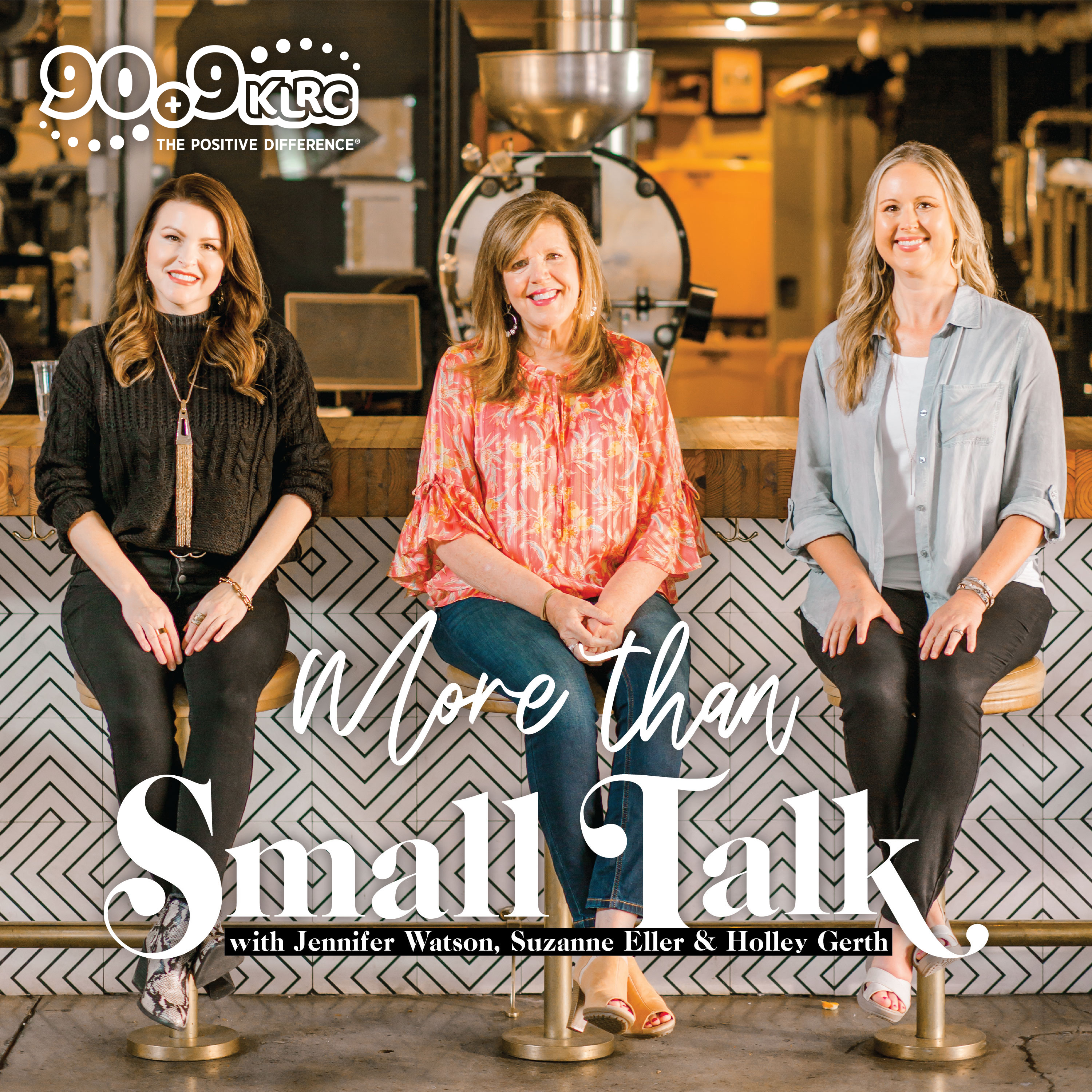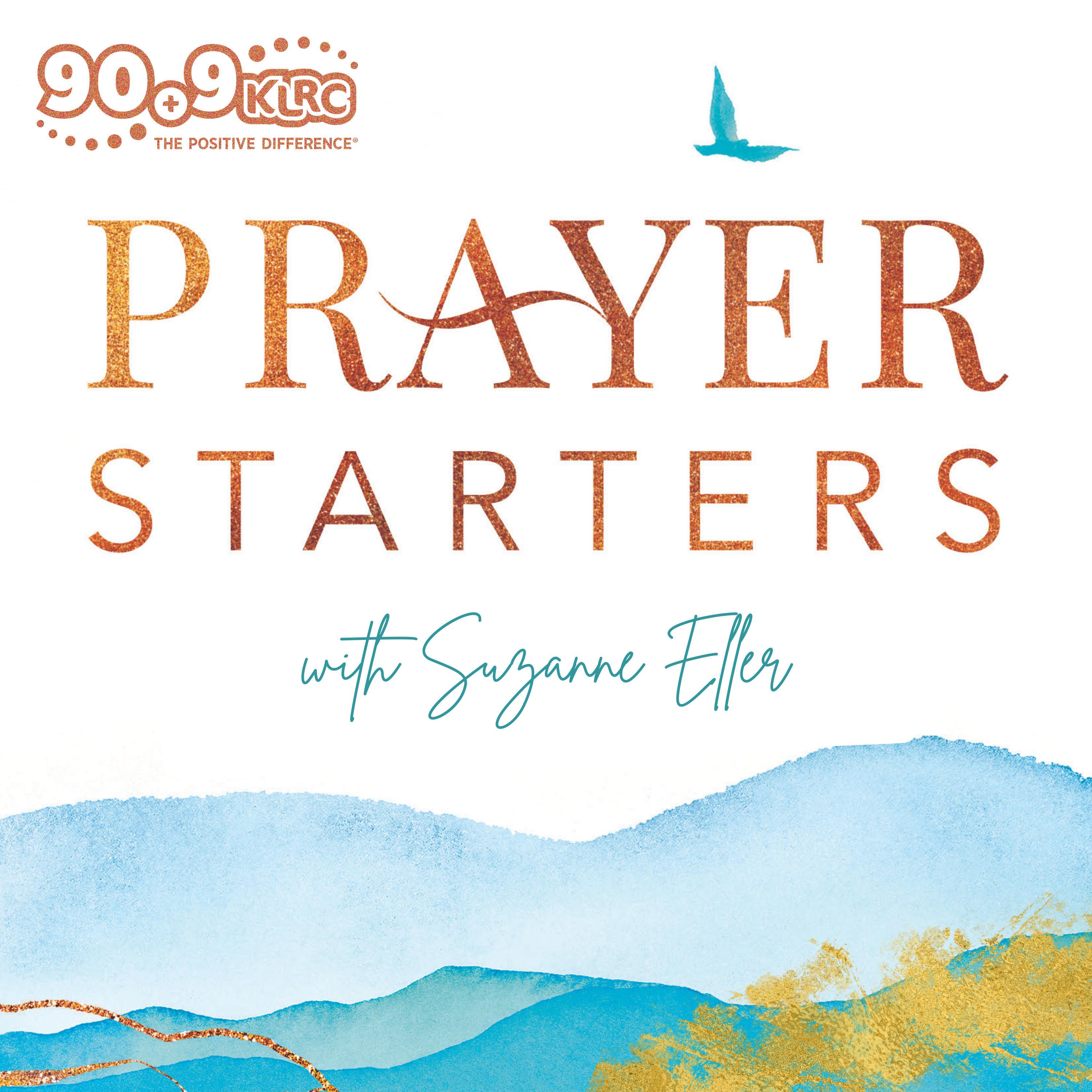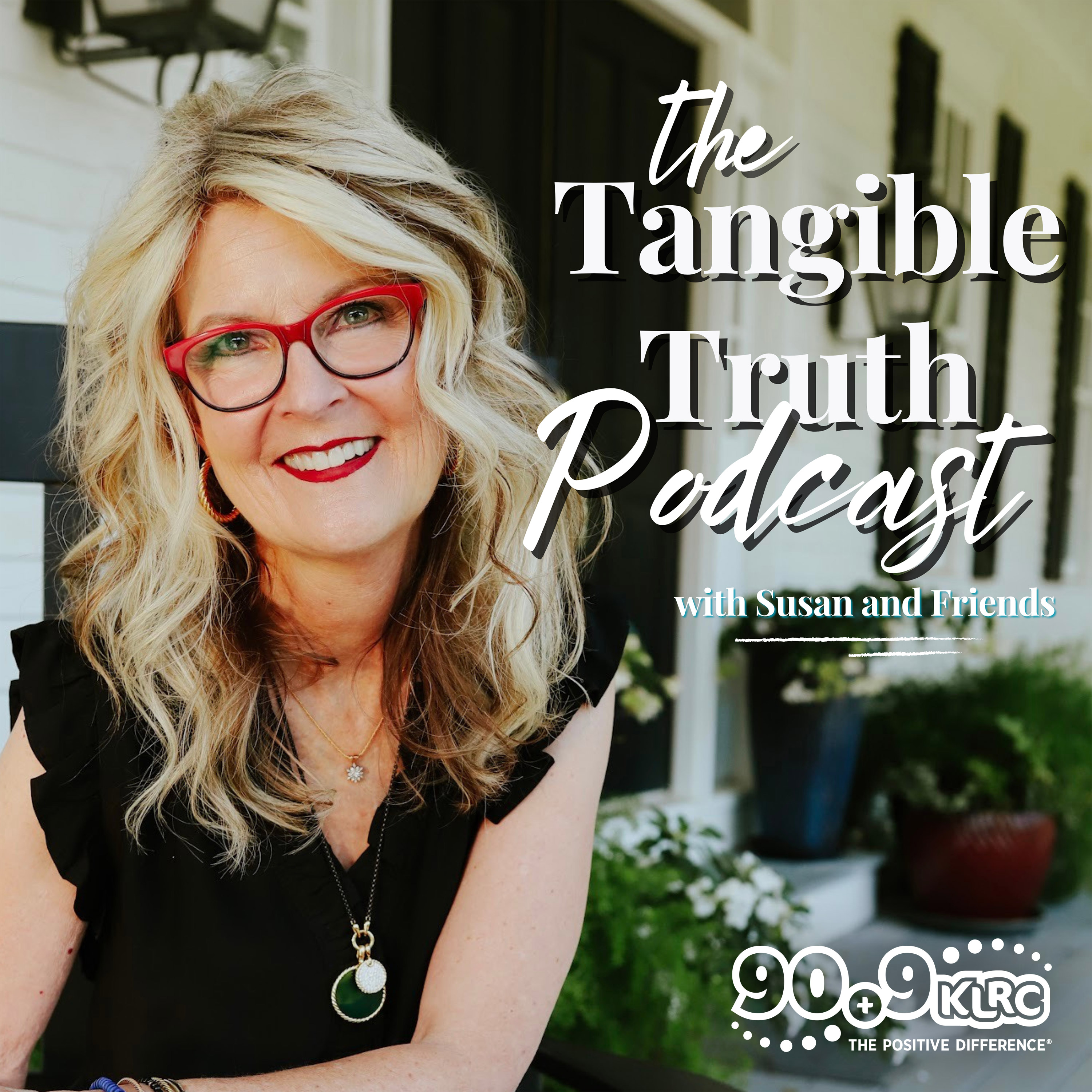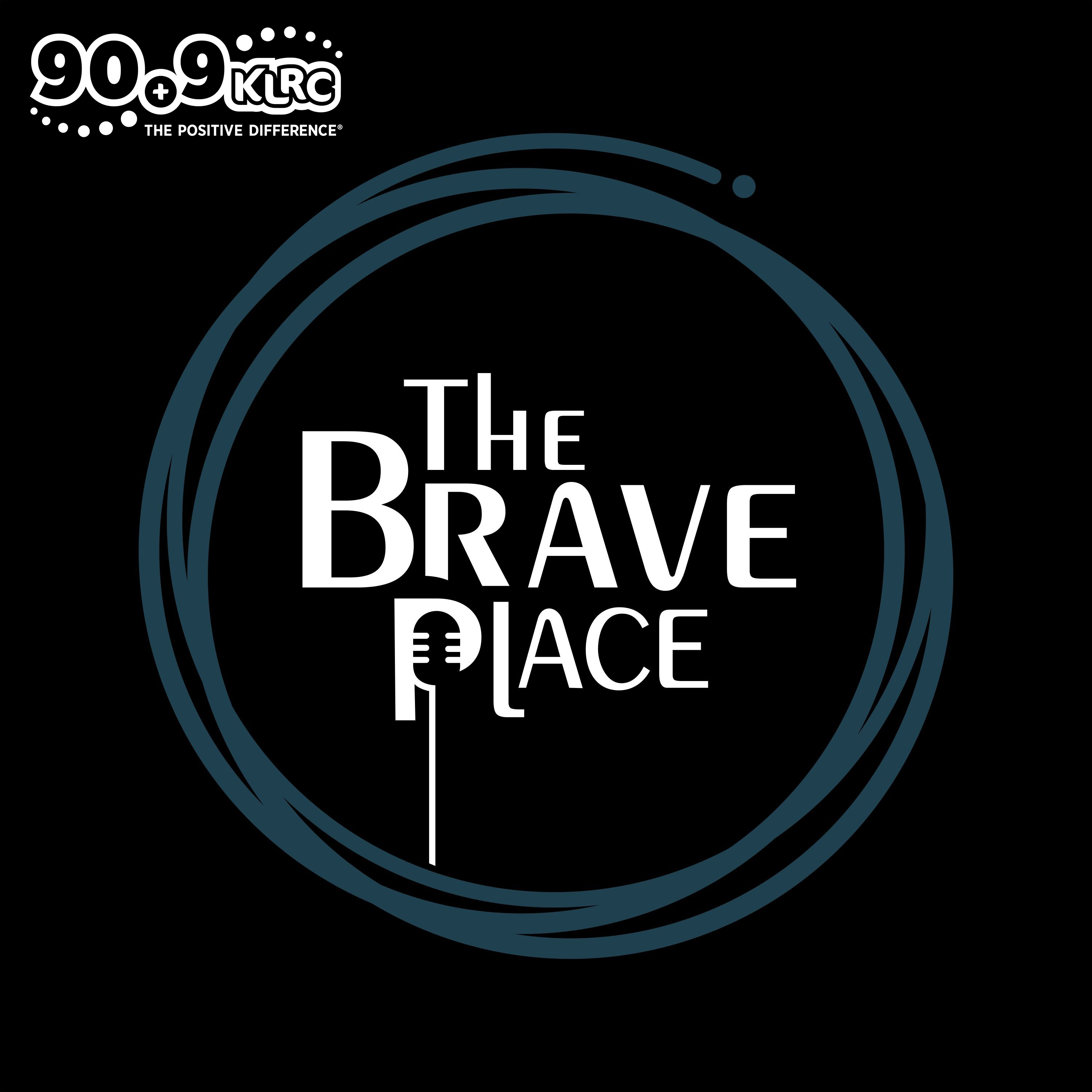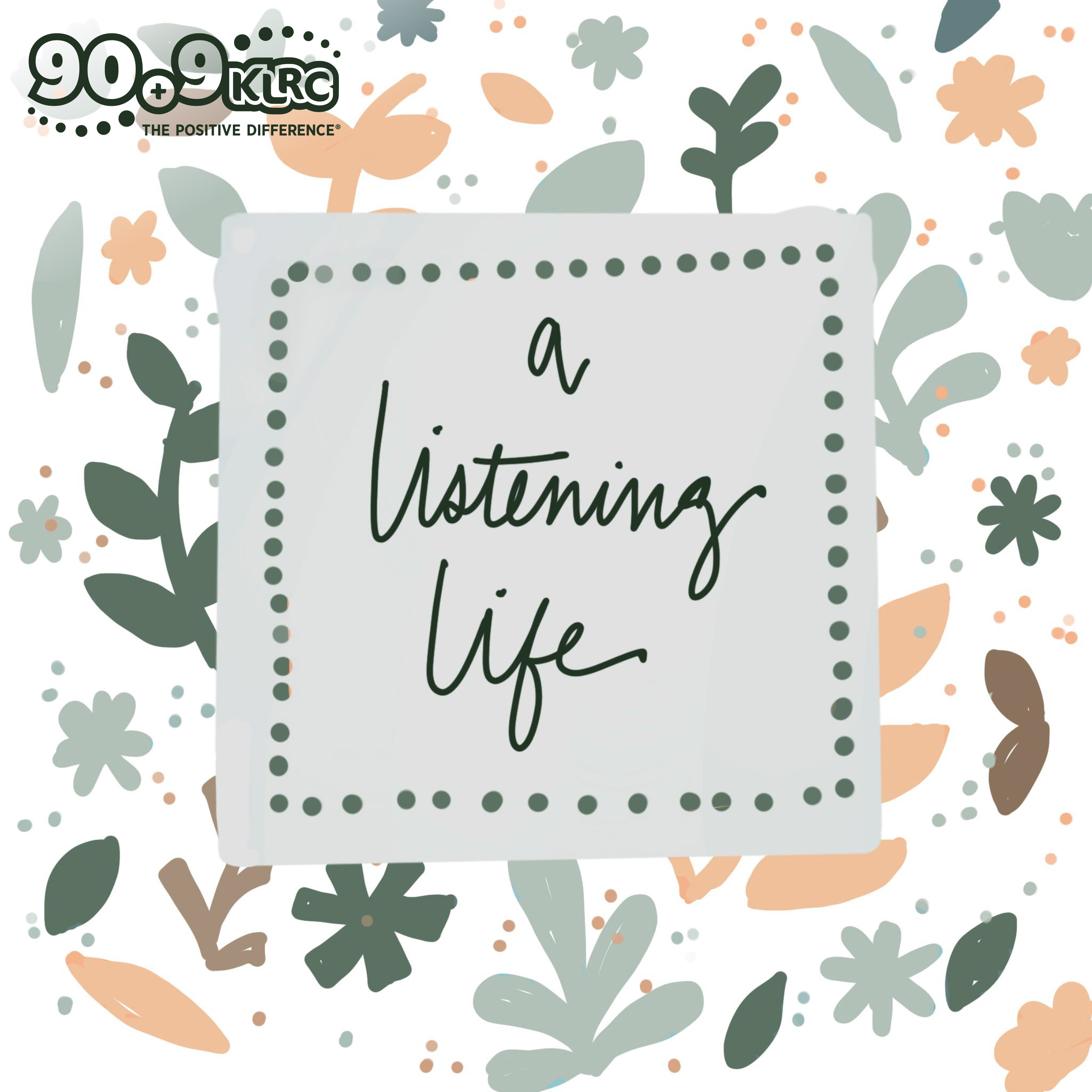

In walks one of my little boys, and he is battling yet again. He is becoming overwhelmed with agitation and anxiety, because something he is playing with isn’t cooperating. It is a big, big problem! Things are just not going his way, and he is letting the whole house know about it loud and clear.
I’d like to think I’ve grown out of that, but the truth is that my battles often look similar. Sure, what my little boy is facing and what I have faced and face are very different in severity and kind. Yet, my little boy and I need quite the same things when we are feeling overwhelmed in the midst of varying, challenging experiences in this fallen world.
I took his hands and kneeled down to get eye to teary-eye to him. “Oh! Hold on. Hold on,” I said with a calm and descending tone. I repeated that again looking for his wandering, teary eyes to meet mine. He needed to know that I was there—really there—and that he was there with me. That alone was connecting and soothing, though his problem was still out there and unresolved.
“Ok, let’s take a few deep breaths.” We did that a few times, which more fully calmed him and allowed the reasoning parts of his brain to come back online. This gives us more of a shot at working together on his issue, rather than escalating the experience of overwhelm and isolation.
“Now, let’s say ‘Thank You, Father.’ What is something you are grateful for?” This time, he said, “Pictures.” So we sang this little gratitude song to the tune of Frere Jacques. I’ll leave it blank where we fill it in with all kinds of things when we sing this as needed like this example or meal times or bed times.
Thank You, Father
Thank You, Father
For our ____________
For our ____________
And our many blessings
And our many blessings
Amen. Amen.
I learned from Dr. Dan Allender that research shows that you cannot be both grateful and fearful at the same time. When you practice gratitude, it acts as a toggle switch for the fear center of the brain. Furthermore, when we sing, especially with others, that fear center of the brain functions in a unique way—as if it is taking a break and relaxing (or, as he says—dancing).
So, what sounds like a sweet interaction between me and my little boy is actually me outfitting him to fight spiritually through life in a fallen world the way I have been outfitted by God through His Word and others.
In fact, in 2 Chronicles 20, God’s people are under severe threat by a three-nation army. The threat is so severe that Jehoshaphat, one of the few good kings in Israel’s history, prays this as he begs for help from God: “For we are powerless against this great horde that is coming against us. We do not know what to do, but our eyes are on you.” (2 Chron. 20:12) Whether a boy with a broken toy or a king with his nation under threat, we need to cry out for and meet the gaze of our Heavenly Father.
God leads Jehoshaphat to line up his outnumbered army before the immense threat of a three-nation alliance against them. Then God directs the priests to go out in front of their army and sing. What a battle plan, right?! Sing! What was their battle cry, their fight song? Gratitude. “Give thanks to the Lord, for His steadfast love endures forever.” (2 Chron. 20: 21) In the midst of Israel’s fight song of gratitude, the three-nation army turned on itself, and God’s people were delivered.
Gratitude is not only filling words that are good for us. Gratitude is also fighting words that we can wield for good, especially if we could learn to sing it together.
Consider gratitude:
